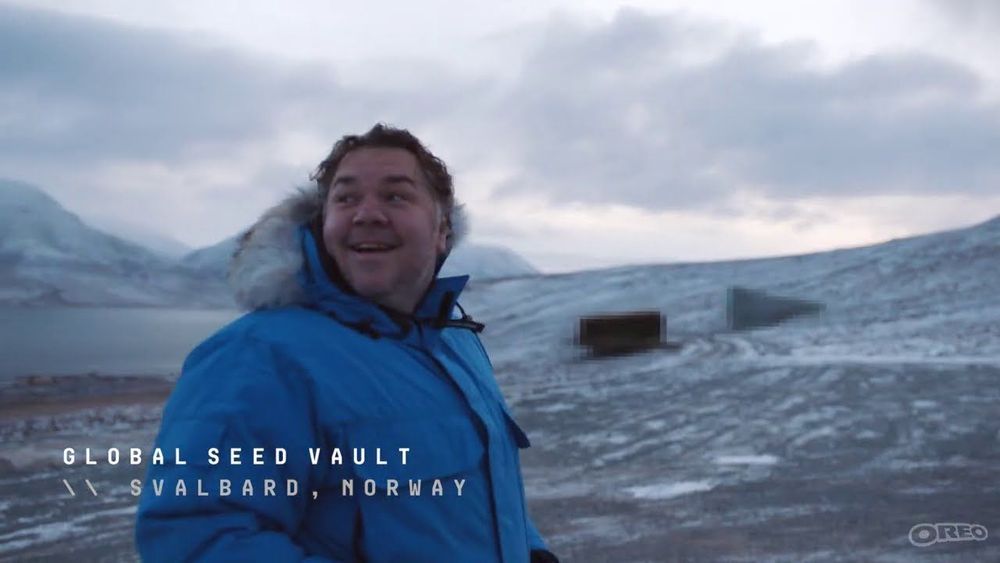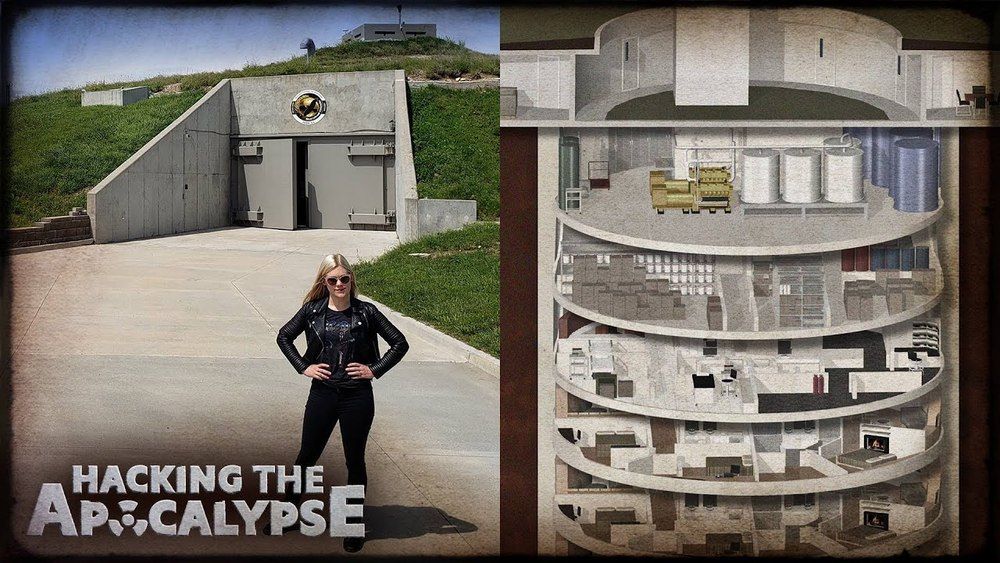Oct 25, 2020
The lynx effect: Iberian cat claws its way back from brink of extinction
Posted by Genevieve Klien in category: existential risks
A 20-year project to reintroduce the species across the peninsula has seen their numbers rise to 855.
A 20-year project to reintroduce the species across the peninsula has seen their numbers rise to 855.
In a recent study of the upper atmosphere of Venus, finding the chemical fingerprint of phosphine has led to speculation that it may be tied to airborne life high in the clouds of our sister planet [1]. We harbour similar suspicion of microbial life on Mars [2], Saturn’s moon Enceledus [3], and Europa, the icy Galilean of the Jovian system [4]. The dwarf planet Ceres of the asteroid belt could be added to that list also, with recent evidence of oceanic water [5], while more exotic variations of life may exist on Titan, which is known to be teeming with organic materials [6]. Should we be more wary of our Solar System as an environment to explore, and the potential of pathogens we may encounter?

If one rewinds 500 years, to when exploration of new worlds involved sailing the oceans, the discovery of the Americas introduced viruses which decimated the native population at that time [7]. That in itself was far from a unique event in history, of course. There have been many occurrences throughout history where travel between distant lands has resulted in the introduction of devastating plagues to one population or the other — not least the Black Death, which arrived in Europe from commercial travel with Asia in the 1300s [8]. Meanwhile, 2020 has reminded us how a novel virus can prove virtually unstoppable from spreading worldwide in a matter of months and reaching pandemic level, once introduced to our now interconnected world [9].
Indeed when the first astronauts returned from the Moon in the 60s, they had to undergo weeks of quarantine as a precaution against introducing a lunar pathogen to Earth [10]. We now know the Moon to be a sterile world, but this should not give us a false sense of security when visiting and returning from other worlds, which are far more likely to harbour microbial life. It is quite plausible to consider that any microbes which have evolved to survive in the harsh environments on other worlds could multiply out of control if introduced to a more fertile environment on Earth. The likelihood of any such foreign microbes being capable of becoming infectious pathogens to our species is difficult to measure, but one could still cause problems regardless, by undermining Earth’s ecosystem in competing with native microbial life as a runaway invasive species.
Fortunately, due to the vast distances involved in inter-planetary travel, returning astronauts would likely show symptoms of infection from any dangerous pathogen long before reaching home, as such a journey would be expected to take many months, even with more advanced propulsion technology than we use in space travel today. That is not to say they could not inadvertently return with microbial life on board — or even on the exterior of craft: Earth’s tardigrades, for example, have proven quite durable in journeys into outer space [11].
Continue reading “Microbes of the Universe — Could our Solar System be rife with Pathogens?” »
Tags: Microbes, Pathogens, space exploration

Oreo seems determined to save its cookies from all future threats and has built a doomsday vault in Norway to do so. Check out the video.
That’s one way to rock the vote.
An asteroid with a diameter the size of a refrigerator could strike the Earth the day before the November election, according to celebrity scientist Neil deGrasse Tyson — but it’s not large enough to do any serious damage.
The famed astrophysicist said the space rock, known as 2018VP1, is hurtling towards Earth at a speed of 25,000 miles per hour and may clip the planet on Nov. 2.
Continue reading “Neil deGrasse Tyson warns asteroid could hit Earth day before election” »

Elon Musk has warned many times about the dangers of AI. He sees strong artificial intelligence as an existential risk. Musk therefore wants to develop a brain machine interface or BMI device so we can merge with AI and hopefully develop a symbiotic relationship with artificial intelligence thus solve the AI control problem. Elon Musk has founded the neurotechnology company Neuralink. the company is focused on developing implantable brain machine interfaces. Neuralink has made recent headlines for its newest BMI device presented by Elon Musk.
In the short term, Neuralink’s BMI may be used to fix neurological problems and disorders. As Elon Musk has pointed out, over time, virtually everyone who gets old will suffer at least one if not multiple common neurological issues such as: Memory loss, hearing loss, seizures, strokes, brain damage etc.
Continue reading “Elon Musk’s Neuralink May Offer us Symbiosis With AI — Part 2” »

In episode two of Hacking the Apocalypse, Claire Reilly looks at the risk of an all-out nuclear war and tours a Cold-War era missile silo that’s now a luxury escape bunker.
CNET playlists: https://www.youtube.com/user/CNETTV/playlists
Download the new CNET app: https://cnet.app.link/GWuXq8ExzG
Like us on Facebook: https://www.facebook.com/cnet
Follow us on Twitter: https://www.twitter.com/cnet
Follow us on Instagram: http://bit.ly/2icCYYm
Meteorite impacts may be a good thing — but only sometimes.
Craters could create habitable conditions on many planets and moons.
We should save their DNA and resurrect them or keep in a bubble environment.
Close To Home
The researchers behind the study warned that each time an animal goes extinct, it also threatens humanity’s continued survival.
Continue reading “Study: More Than 500 Vertebrates Poised To Go Extinct” »
Circa 1994
It is generally accepted that structure formed in the matter dominated Universe, for obvious reasons. In this paper, we would like to suggest an alternate theory: that structure could have formed in the radiation dominated Universe if it was “protected” from destruction. This protection is envisioned as a “crystal”, of sorts, made up of primordial black holes (PBH’s), which form a cavitation into which any matter particles in the nucleosynthesis period of the Universe (around 100 seconds after the Big Bang) could have taken refuge. A sort of oasis in a sea of radiation. Such a scenario could solve several problems in cosmology, namely: how matter got a foot-hold over anti-matter in the Universe; the structure/galaxy formation problem; and possibly suggest ideas on the gamma-ray count and distribution.